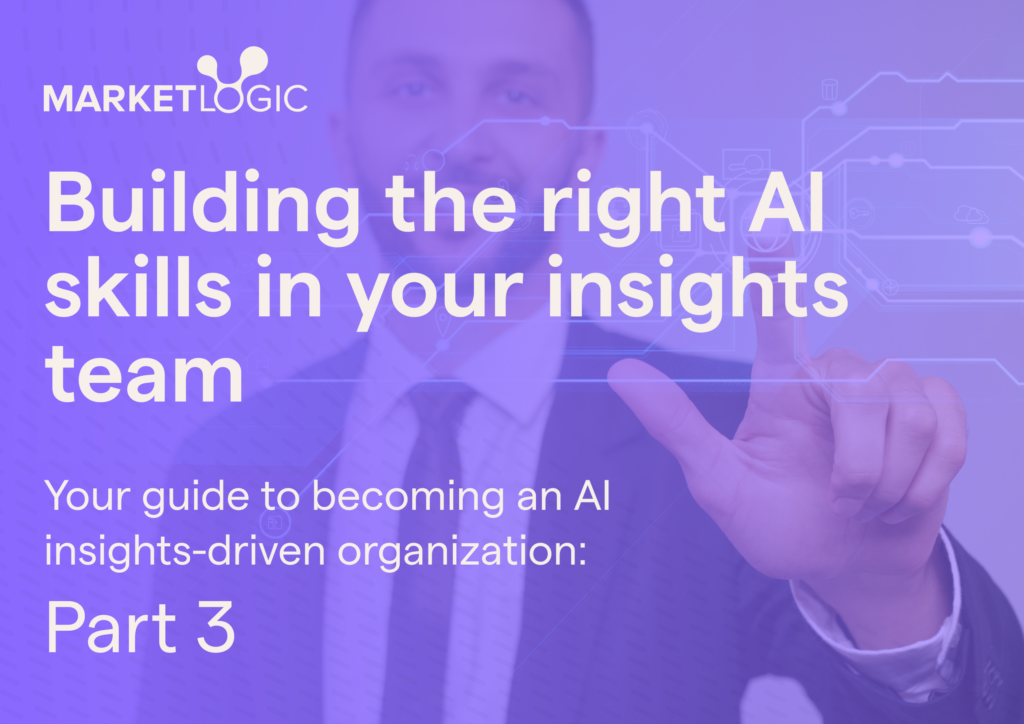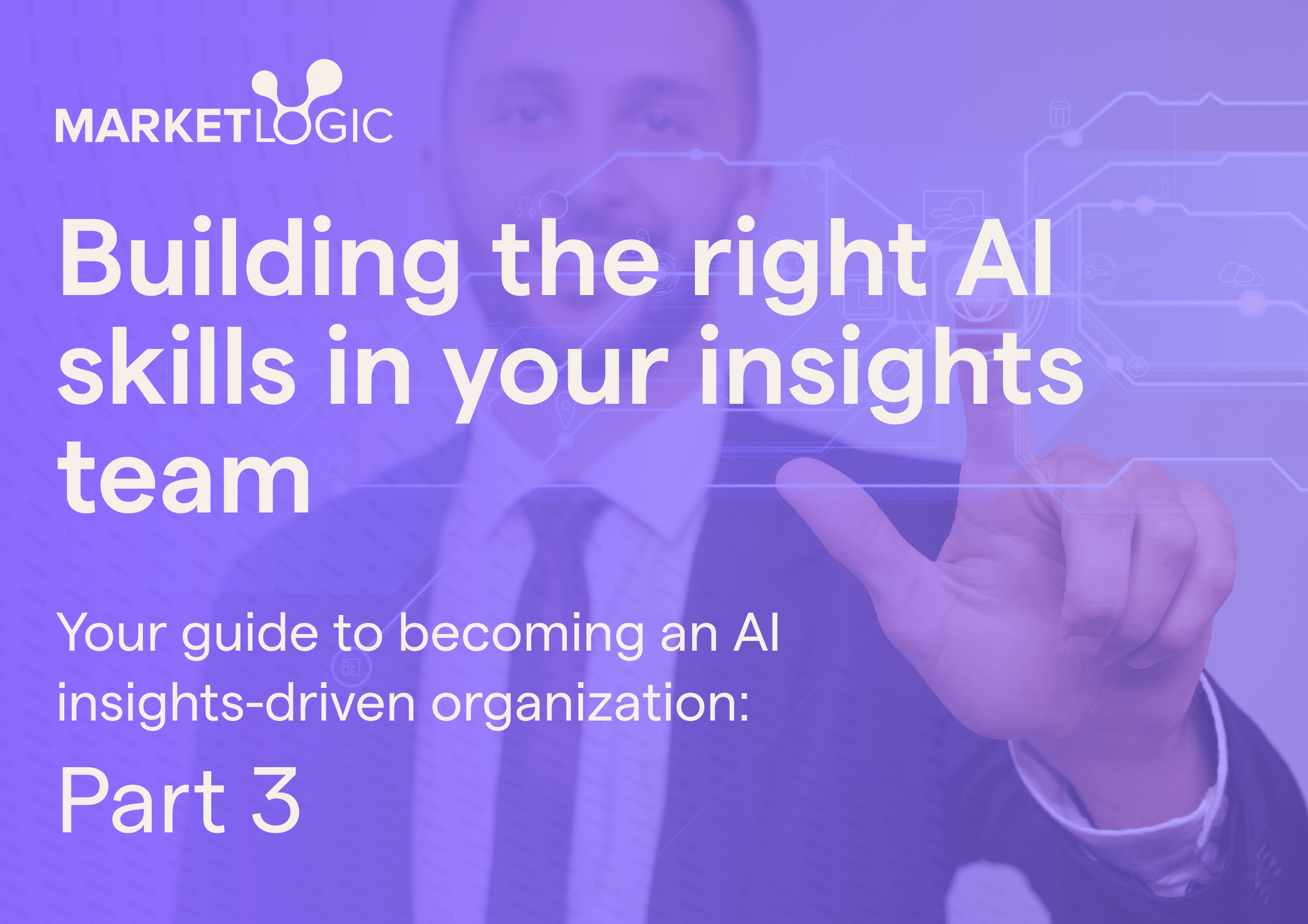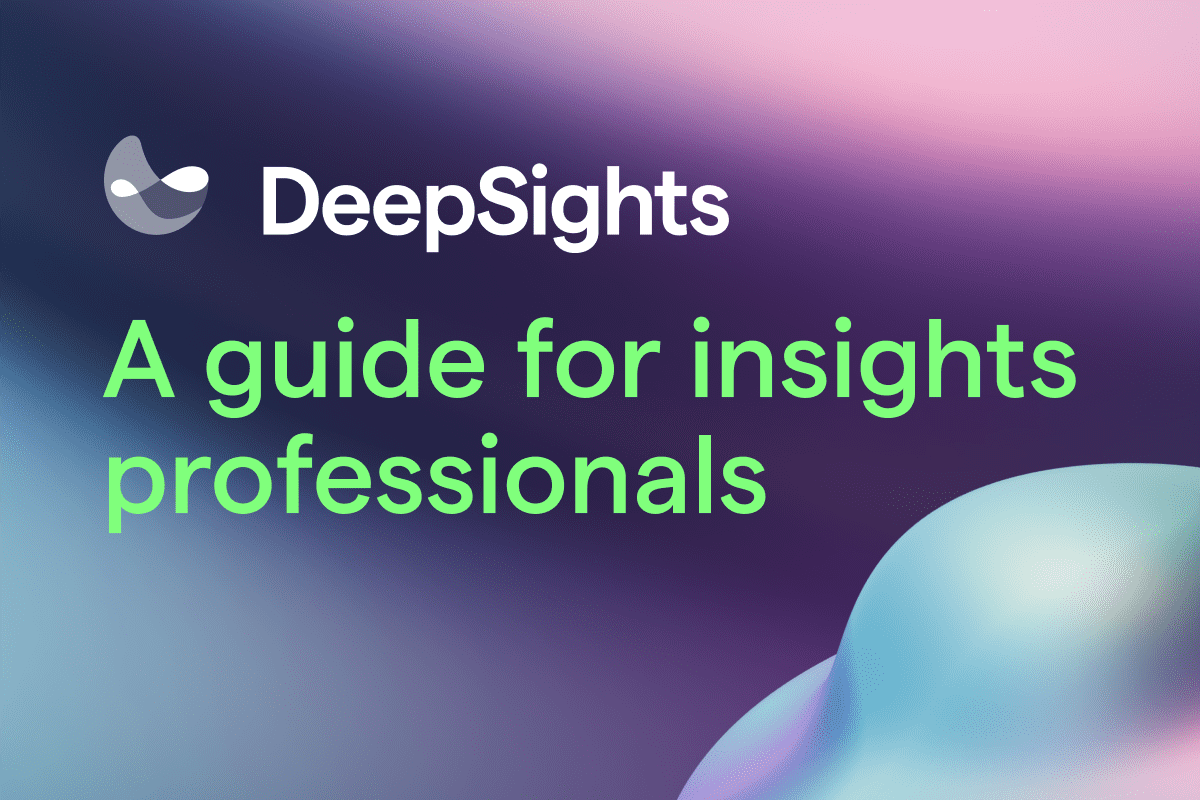People and AI skills: How roles are changing
AI will transform all roles, including those in business functions — such as marketing and product development — as well as those in insights, and intelligence. The influence of AI employment is extensive, yet we are only at the outset of this transformative journey. Numerous challenges remain to be tackled for a seamless and optimal transition.
So, how can organizations prepare for this shift? Presently, it’s imperative to focus on comprehending the symbiotic relationship between humans and AI. This entails developing the necessary positions, expertise, and proficiencies.
The integration of AI tools in tasks such as insights research, data analysis, and interpretation is poised to revolutionize multiple facets of enterprise operations. This transformation will redefine how intelligence flows within the organization, ultimately influencing overall productivity.
In highly regulated sectors, such as healthcare, this also includes the optimization of healthcare knowledge management, where AI can streamline the curation and dissemination of clinical and operational insights.

New tech, new challenges in insights, and new roles
A recent collaborative study conducted by Harvard University and the Boston Consulting Group (BCG) shed light on the impact of AI in professional settings. Their findings revealed that BCG consultants leveraging AI accomplished 12.2% more tasks compared to their non-AI-utilizing counterparts, achieving these tasks with a remarkable 25.1% increase in efficiency. Moreover, the quality of outcomes generated by AI users surpassed those produced by non-users by over 40%.
Leaders who are already in the process of introducing AI into their organizations must keep in mind that while the impact of integrating AI in the workplace offers substantial benefits in terms of productivity, it also presents challenges related to errors — and the need for thoughtful integration and ongoing training. In this crucial phase, senior leaders should be asking themselves:
“Is the workforce ready to integrate AI, understanding its capabilities and limitations?”.
Now, more than ever, there is an urgent need to commit to building the required roles, skills, and capabilities, so that organizations can continually test and learn with generative AI — and stay ahead of competitors. The effects will be seen now and far into the future.
Critical skills: Tech mastery becomes crucial for every role
In this new technical architecture, insights leaders will be the ones playing a pivotal role in orchestrating the knowledge journey. They will need to ensure intelligence reaches and is absorbed by the business.
In order to manage and direct the stream of insights, leaders in insights will transition their attention away from managing technology to overseeing and validating real-time insights. Their role will involve guaranteeing both the quality and quantity of insights, establishing guidelines for the implementation of AI, and ensuring the efficient distribution of insights across the organization. This shift introduces a new role within the organization: the “insights architect.”
In order to guide the comprehensive journey of insights and integrate them seamlessly into day-to-day business operations, insights architects must acquire expertise, or even mastery, in emerging AI technologies. This encompasses more than just a fundamental understanding of AI; it involves staying abreast of the latest tools and applications. This proficiency is crucial not only for enhancing efficiency in current roles but also for remaining pertinent in a data-driven business landscape.

Shifting to an AI-insights-powered process is a confidence journey and much more than adding new tools — it’s about driving a cultural shift
Insights architects must blend their expertise in functional areas with the strategic selection of appropriate AI tools for insights, to effectively propel this transition. This begins with the initial establishment of the suitable AI-powered insights technology architecture at a functional level.
Achieving this is no simple task, given the influx of both qualitative and quantitative data sources inundating the organization daily. This new breed of insights architects must then educate various departments including Insights, Business & Marketing, Strategy, IT, and Product. Their responsibility extends to steering the proper integration of these new AI tools and ensuring teams embrace them proficiently. Establishing frameworks that foster cross-functional synergies, and ensure that the organization operates harmoniously towards shared objectives, is critical to success.
Want to learn more about how the roles are changing in the AI-driven enterprise — and make a successful transition to become more insights-driven with the actionable steps from AI for insights experts?
Download our free guide:









